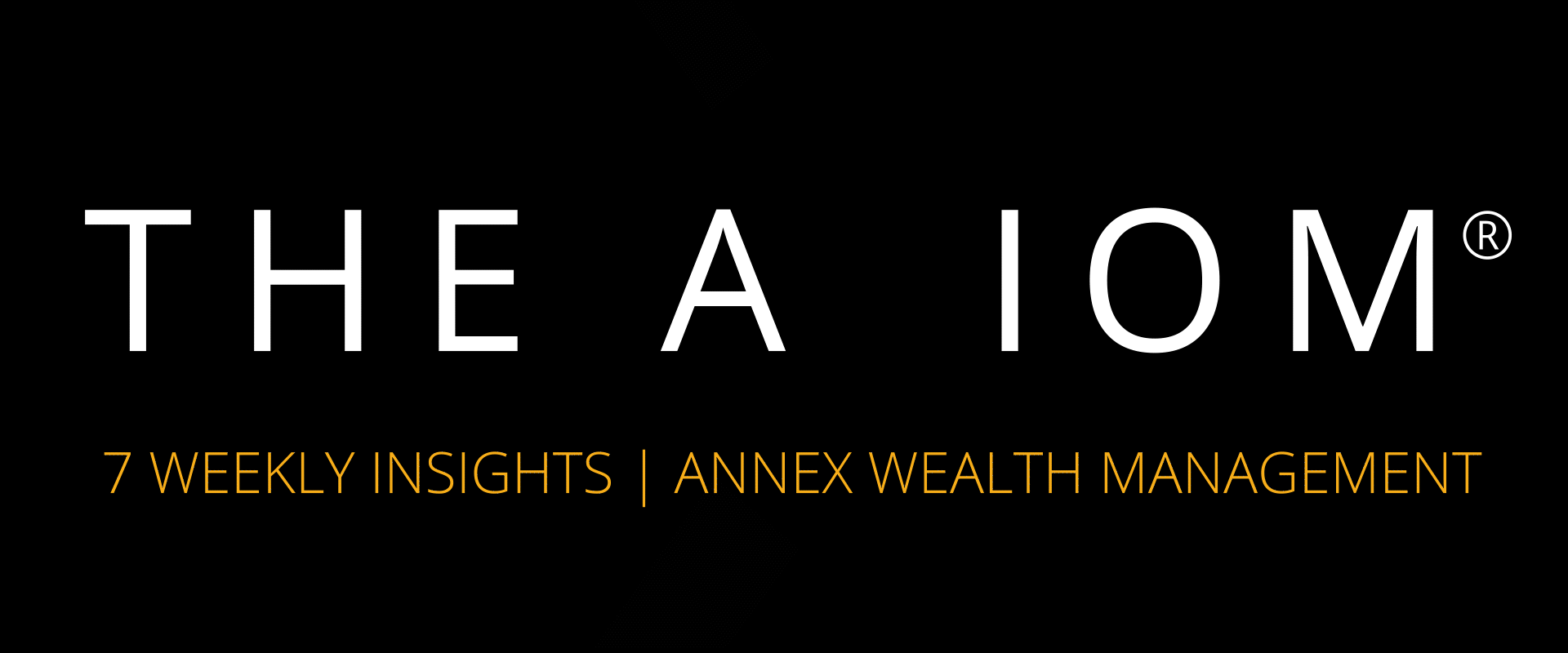
CPI and PPI hit numbers we haven’t seen in 40 years. How long will inflation stick around – and has GDP been affected? Annex Wealth Management’s Dave Spano and Derek Felske discuss.

Some experts believe a structured morning routine is a key part to success. In our recent poll we asked readers, “Do you have a morning routine?”
The majority of respondents say they have some form of a morning routine.
“Yes, I have the same routine every morning.” (48%)
“Somewhat. My routine differs, based on what I’m doing that day.” (46%).
Tim Ferriss, bestselling author and host of The Tim Ferriss Show podcast, credits his success to a strict morning routine. It looks like this:
- Make bed
- Meditate for 20 minutes
- Drink some strong tea
- Journal for 5-10 minutes
- Eat a small breakfast
- Exercise for 20-90 minutes [1]
While Tim’s routine feels extreme, others are less involved. Nearly all peak performers in business, arts, entertainment, and sports credit a routine for setting the tone of their day.
Microsoft co-founder and philanthropist Bill Gates starts each day with exercise. Specifically, running on the treadmill while watching a show or movie. [2]
Steve Jobs, cofounder of Apple, shared that he asked himself the same question in the mirror every morning: “If today were the last day of my life, would I want to do what I’m about to do today?” [2]
Actor, comedian and singer, Jamie Foxx says his first move in the morning is texting encouragement to the people he loves. [3]
Author and speaker Tony Robbins begins each day by plunging into a 57-degree Fahrenheit cold-plunge pool. [4]
Other morning routines are more about what you don’t do.
Arianna Huffington, author and cofounder of the Huffington Post, says upon waking up, she avoids checking her smartphone for the first 30-60 minutes. [4]
Actress and author Cameron Diaz skips the coffee. Instead, she starts each day by getting up, brushing her teeth, then drinking a liter of water. [2]
If you are one of the 6% of respondents who said you start the day by simply rolling out of bed – we get it. But it’s never too late to try something new. Set up a morning routine that works for you, and you might just start having more productive, focused, and energetic days. It’s worth a shot!
1. https://www.businessinsider.com/tim-ferriss-morning-routine-2017-1
2. https://www.forbes.com/sites/carolinecastrillon/2020/12/13/5-morning-habits-of-highly-successful-people/?sh=1fa2277c5ec6
3. https://tim.blog/2018/06/04/the-tim-ferriss-show-transcripts-morning-routines-and-strategies/
4. https://medium.com/personal-growth-lab/12-morning-routine-habits-from-highly-successful-people-c6c56e4e0473
BACK TO TOP ↑

In the business world, audits are a harsh but necessary reality. Auditors try to cast light into every dark corner of the balance sheet to ensure a company is accounting for the source and flow of money.
This week, we suggest that you become the auditor. But instead of looking at a balance sheet, audit the financial advice you’ve been given. Here’s what you may find:
- Some discover that much of their advice comes from people who are not financial professionals.
- While you don’t need to ignore advice from friends and family, understand their financial background. Consider why they may be giving certain advice.
- Friends and family who appear wealthier than you may not be. And even if they do have more money than you, that doesn’t mean their advice is good for you.
- Even if the person you are talking to is a professional, they may not be focused on your best interest.
A previous study revealed that nearly half of Americans believe financial advisers are legally required to act in their best interest.
Unfortunately, that’s just not true. Most financial professionals are not required to always meet a fiduciary standard of care.
- For those financial professionals who sell financial products, commissions can be hefty and may present a potential conflict of interest. A reputable financial professional will thoroughly present material conflicts of interest.
- Professional designations and certifications are often seen as signs of experience or expertise.
Understand what each designation means and the requirements needed to obtain and maintain the certification.
Reputable designations such as CERTIFIED FINANCIAL PLANNER™ take years of studying and experience to obtain, whereas other designations can be obtained with little effort in a matter of days. Look for advisors with substantial and meaningful designations.
Your advice audit may be uncomfortable at times, but the payoff can result in greater peace of mind for you and your loved ones.
BACK TO TOP ↑
BACK TO TOP ↑
BACK TO TOP ↑

REGISTER

REGISTER
BACK TO TOP ↑